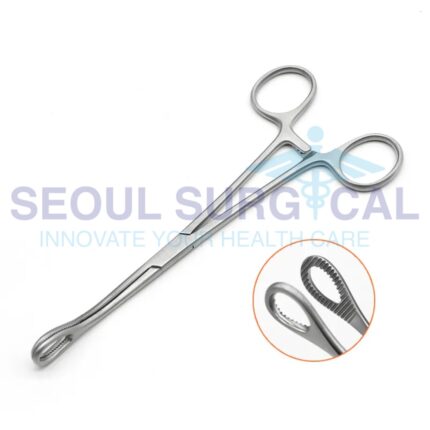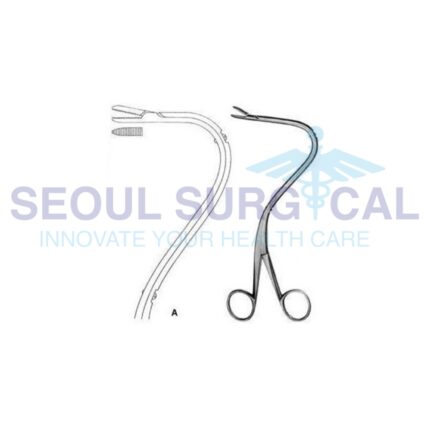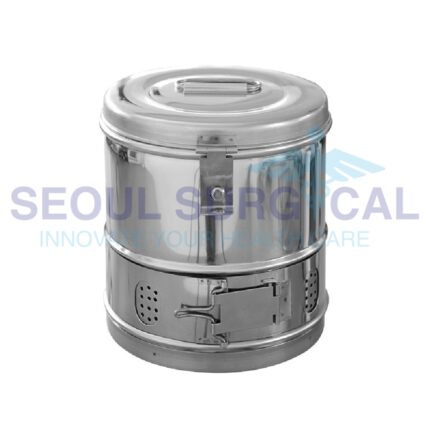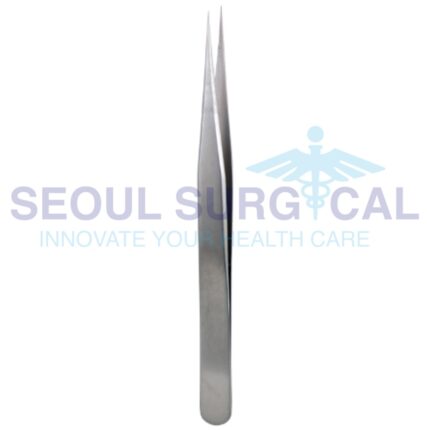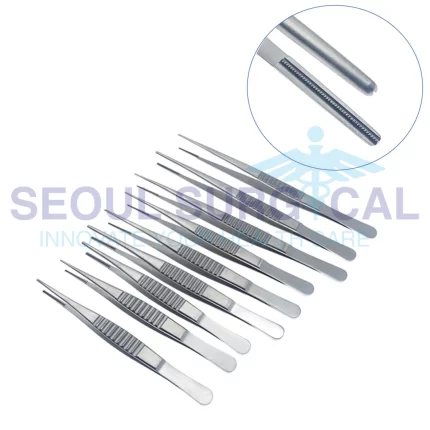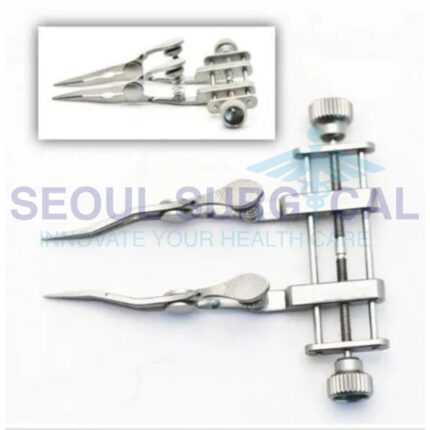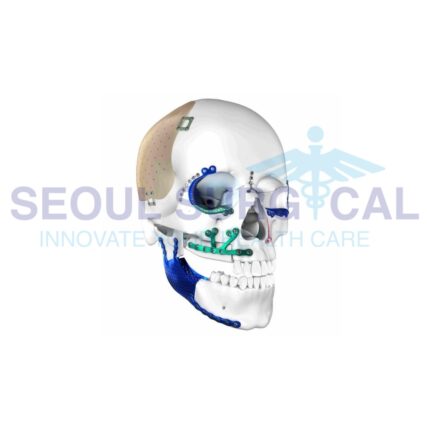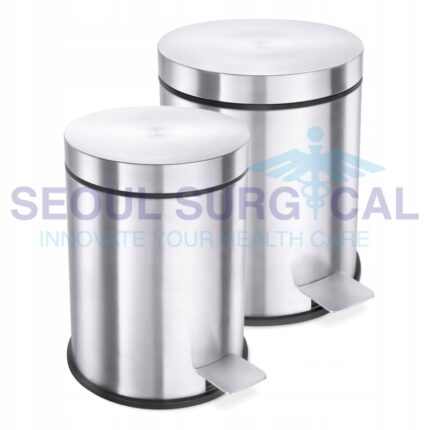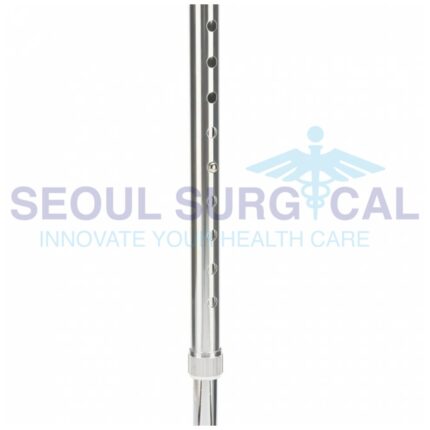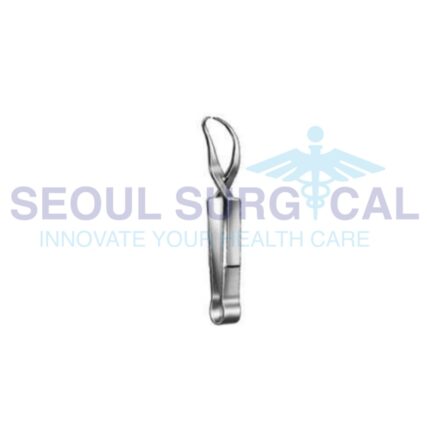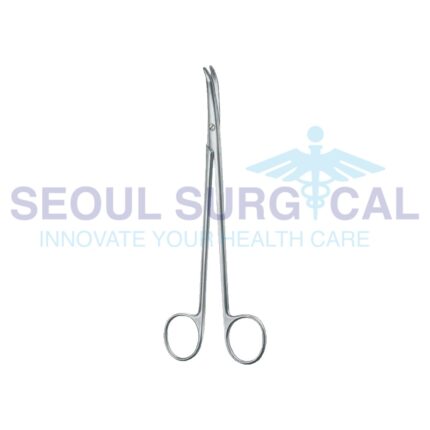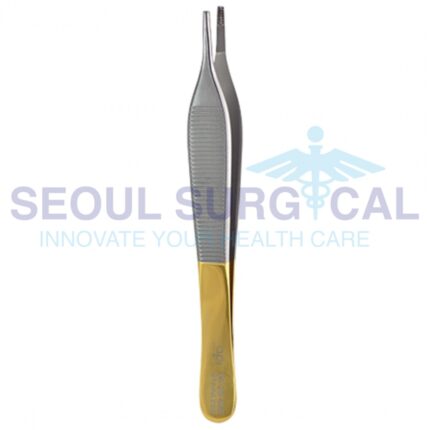Absorbent Accuracy: The Art and Science of Sponge Forceps in Surgical Practice
These forceps are typically made of high-quality surgical stainless steel to ensure durability and resistance to corrosion. The serrated jaws of the forceps provide a secure grip on the sponge, preventing accidental slippage during surgery. Proper sterilization procedures are followed before and after each use to maintain aseptic conditions in the operating room.
Sponge forceps are an essential part of the surgical toolkit, contributing to the efficiency and safety of various surgical procedures by aiding in the management of surgical sponges and maintaining a sterile environment.
Advancements in Urological Instruments: A Closer Look at Surgical Technology
These instruments play a crucial role in the diagnosis and treatment of urological conditions, including kidney stones, prostate issues, bladder disorders, and male reproductive health. The selection of instruments depends on the specific procedure, patient condition, and the urologist's preferences. Advances in technology continue to contribute to the development of innovative and minimally invasive urology procedures.
All-in-One Solutions: Navigating a Collection of Miscellaneous Products
Artisan’s Touch: A Closer Look at Modern Jeweler Type Forceps in Jewelry Design
Aseptic Excellence: Tools for Maintaining Sterile Conditions in Medical Procedures
Ensuring asepsis is a critical aspect of healthcare, especially in surgical and invasive procedures. Healthcare professionals follow strict protocols to sterilize instruments and maintain a sterile field, minimizing the risk of infections and promoting patient safety. The use of aseptic techniques is fundamental in preventing the transmission of pathogens in healthcare settings.
Backup Precision: The Importance of Spare Needles in Surgical Procedures
When acquiring spare needles, it's essential to match the type and size of the needle to the specific task or application. Additionally, needles should be kept clean and stored properly to maintain their sterility and effectiveness. Always follow proper disposal procedures for used medical needles to prevent injury and transmission of infections.
Beyond Aesthetics: Innovations in Cranio Maxillofacial Procedures
Cranio-maxillofacial surgery is a multidisciplinary field that often involves collaboration between cranio-maxillofacial surgeons, plastic surgeons, oral and maxillofacial surgeons, neurosurgeons, and other specialists. The goal is to improve both the functional and aesthetic aspects of the craniofacial region. Surgical planning is typically based on thorough diagnostic assessments, including imaging studies such as CT scans and 3D facial analysis.
Beyond Basics: The Versatility of Stainless Steel Receptacles in Various Industries
Beyond Categories: A Guide to Diverse Miscellaneous Products
Beyond Constriction: The Art and Science of Bile Duct Clamps in Hepatic Procedures
These clamps are typically made of stainless steel or other materials compatible with sterilization procedures. The choice of a specific bile duct clamp depends on the nature of the surgical procedure, the anatomical location, and the surgeon's preference. Bile duct clamps are crucial tools that allow surgeons to safely and temporarily control the flow of bile during various hepatobiliary and pancreatic surgeries, contributing to the success and safety of these procedures.
Beyond Constriction: The Art of Sinus Surgery with Specialized Forceps
The choice of sinus forceps depends on the specific sinus involved, the nature of the procedure, and the surgeon's preferences. These instruments play a crucial role in sinus surgery, helping to improve sinus drainage, alleviate symptoms, and treat various sinus-related conditions. Surgeons use sinus forceps with precision to navigate the complex anatomy of the nasal sinuses and achieve optimal outcomes for patients.
Beyond Constriction: The Essential Role of Dissecting Forceps in Surgery
The selection of dissecting forceps depends on the specific surgical or dissection task at hand, the size and type of tissues being manipulated, and the surgeon's preference. Dissecting forceps are typically made of high-quality surgical stainless steel and are subjected to sterilization processes before use in surgical procedures to maintain aseptic conditions.

